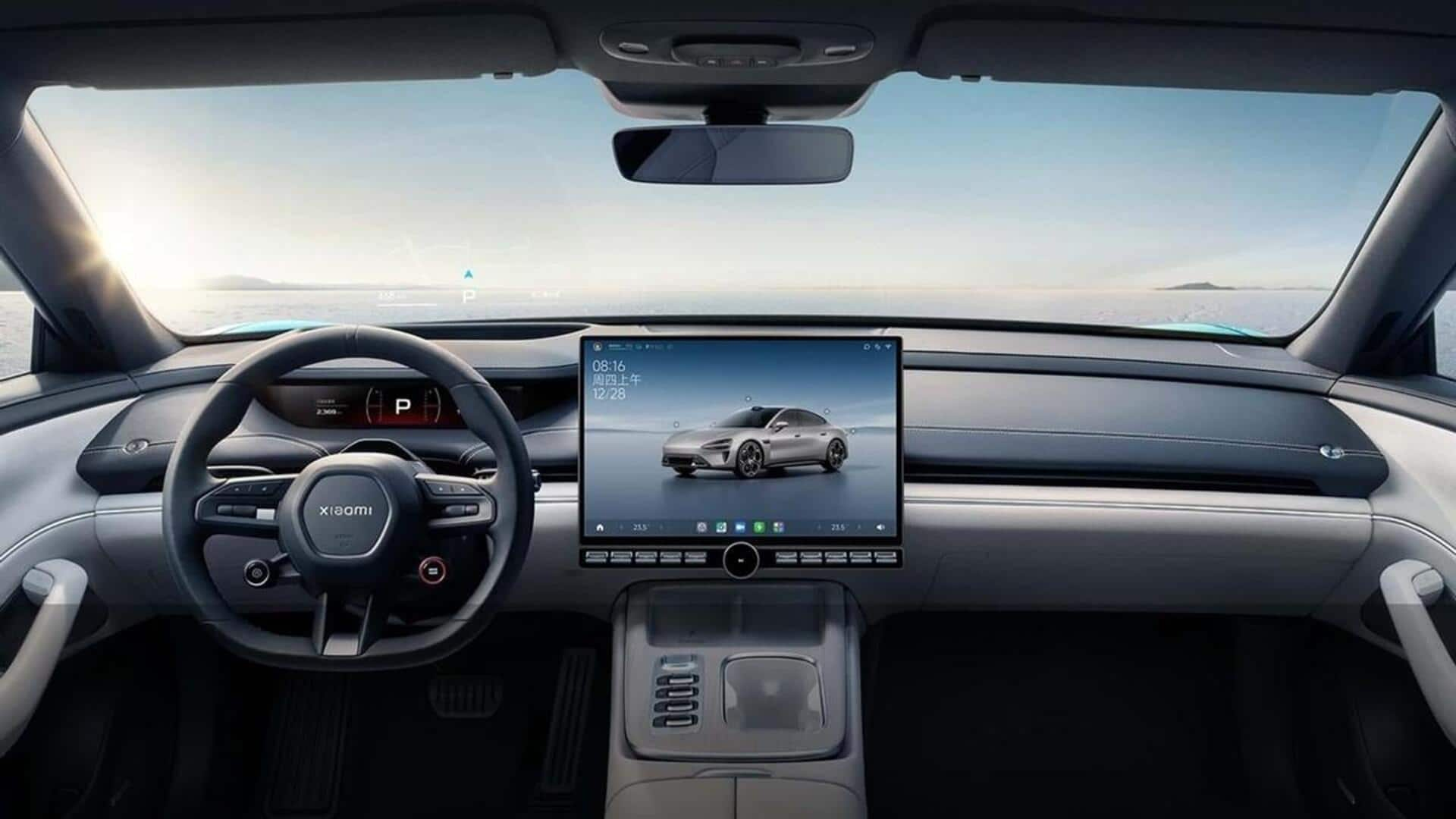
US plans to ban Chinese auto software over security concerns
What's the story
The Joe Biden administration is considering implementing new regulations that would prohibit the sale or import of connected vehicle software from "countries of concern."
This move could potentially halt all automobile imports from China into the US.
The proposed rules also encompass hardware and software for connected vehicles manufactured in Russia.
Security concerns
White House cites national security threats
The White House has stated that vehicles equipped with hardware and software from China pose a significant threat to US national security.
The potential risks include sabotage and surveillance activities such as remotely disabling a vehicle on the road.
The proposed regulations would cover all components that connect a vehicle to the external world including Bluetooth, Wi-Fi, cellular, and satellite components.
Tech vulnerabilities
Proposed rules target data collection technologies
The proposed rules also address concerns about technologies such as cameras, sensors, and onboard computers being exploited by foreign adversaries to gather sensitive information about US citizens and infrastructure.
These regulations are a result of an investigation initiated earlier this year by the Commerce Department into connected vehicle software produced in countries perceived as hostile toward the US.
Industry effects
Impact on US automakers and suppliers
If implemented, these regulations would require US automakers and suppliers to remove Chinese-made software and hardware from their vehicles in the coming years.
This proposal follows recent trade restrictions imposed by the Biden administration on Chinese imports, including a 100% duty on electric vehicles and increased tariffs on Chinese-made batteries and key minerals.
Trade dynamics
China's dominance in auto export market
The proposed rules come at a time when China is producing more cars than ever before, solidifying its position as the world's leading auto exporter.
China has successfully developed budget-friendly electric vehicles (EVs) such as the BYD Seagull, which was the country's top-selling vehicle in August.
US officials and auto executives have expressed concern that allowing China to export EVs to the US could severely impact domestic manufacturers.
Implementation timeline
Proposed timeline for software and hardware ban
Under the proposed rules, the software ban would take effect for model year 2027, while the hardware prohibition would become effective for model year 2030.
The Commerce Department plans to enact a final rule in January 2025, following a 30-day comment period on the proposal.
These new rules could mirror provisions in federal EV tax credits that disallow the credit from being applied to vehicles with battery components made in China.